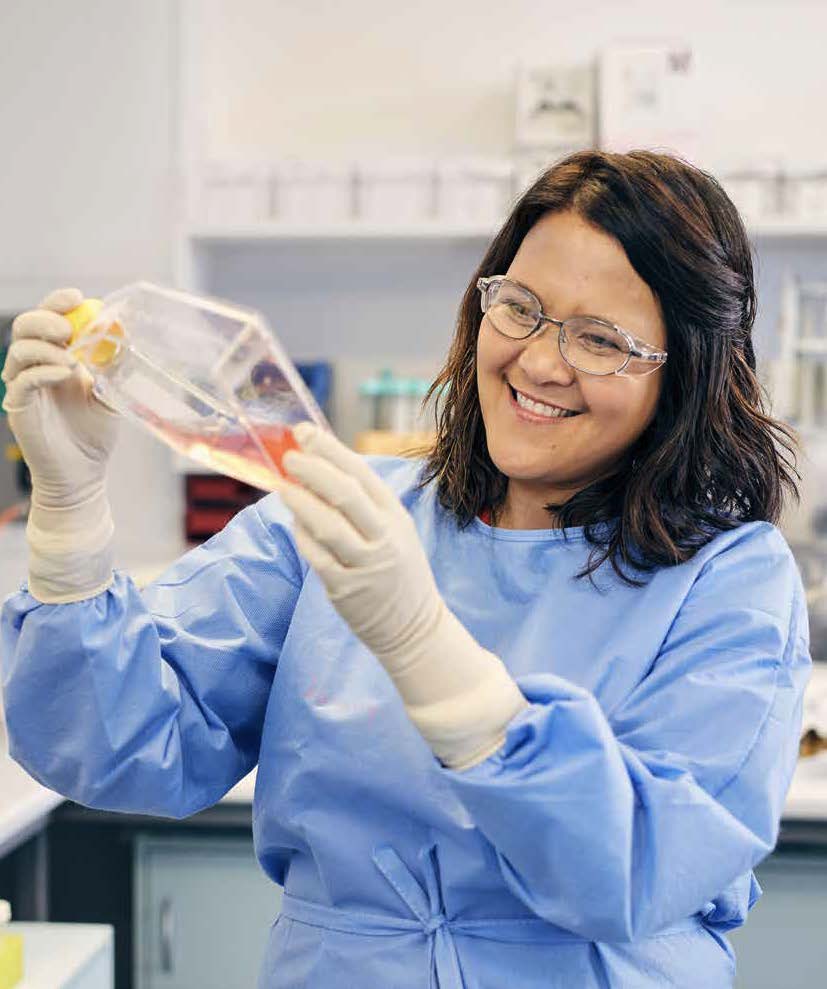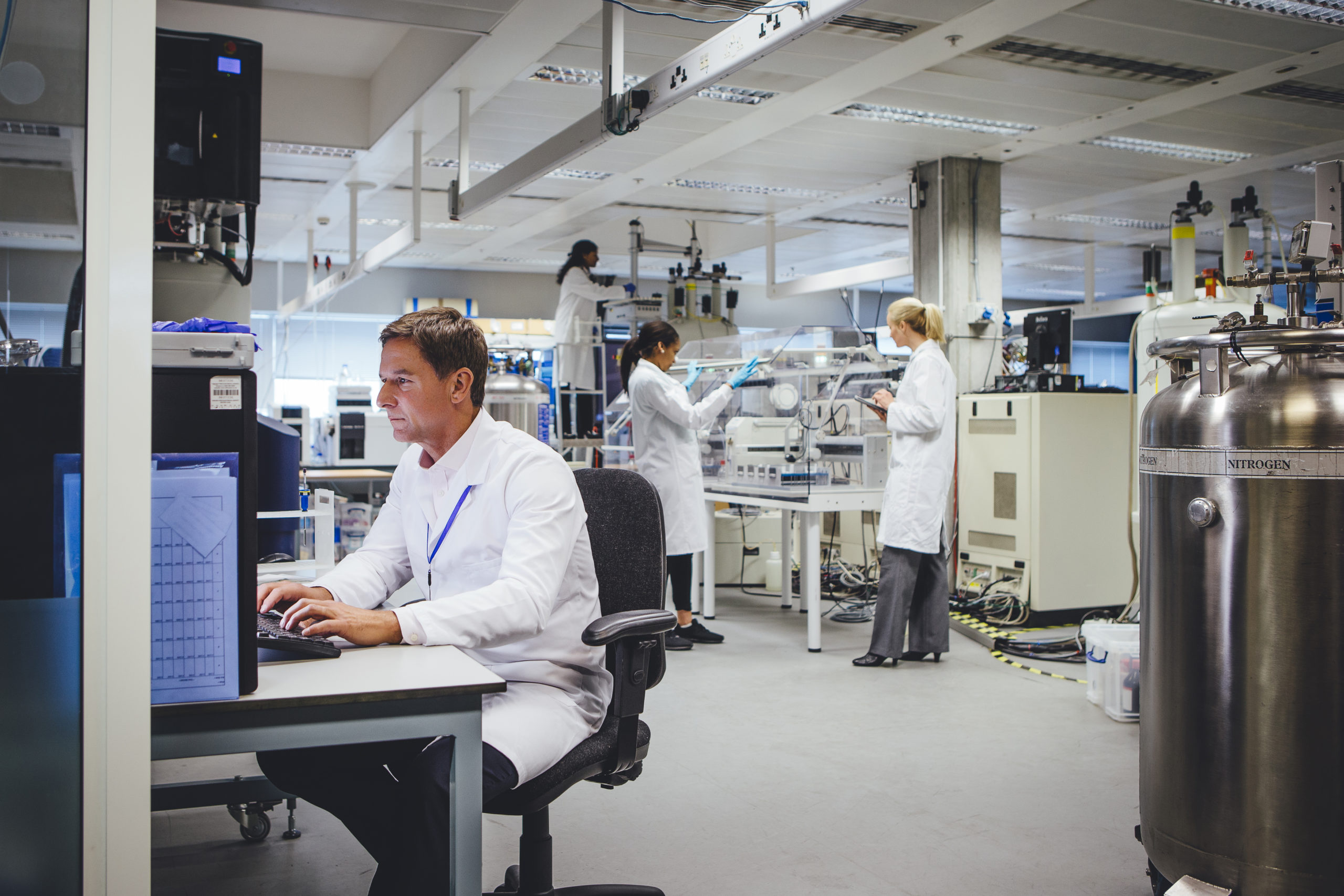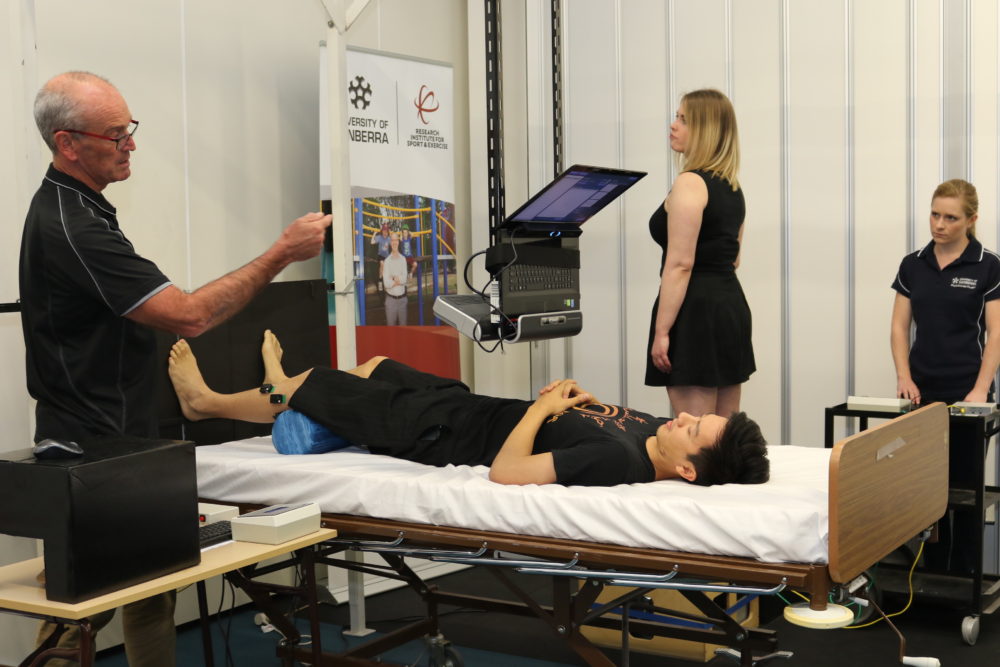Research Australia participated in consultations for the MRFF Australian Medical Research and Innovation Priorities and the MRFF Act Review. We were invited to a round table hosted by AMRAB, and provided a written submission. We recognised many positive enhancements have been suggested in the draft priorities for 2022-24. Our main concern was the lack of cohesion that links all the priorities to drive transformation across the entire health and medical research and innovation ecosystem.
Improving Research Culture a collective responsibility
In May, the NHMRC released a draft Good Institutional Practice Guide which seeks to provide guidance to NHMRC-funded institutions and researchers about good institutional practice ‘to promote open, honest, supportive and respectful institutional cultures conducive to the conduct of high-quality research’. Its development has been overseen by NHMRC’s Research Quality Steering Committee.
Research Australia made a submission in response to the draft. While welcoming the Guide Research Australia indicated that awareness of practices and initiatives that can improve research culture is not the primary barrier to improving research culture; significant work has already been done to identify the issues and raise awareness. The key problem is implementing the measures needed to improve the culture.
Research Australia suggested the finalisation and publication of the Good Institutional Practice Guide will provide impetus for improvement that the sector can build on if we act collectively. Research Australia suggested leadership and involvement from the NHMRC will be essential, and would demonstrate the NHMRC’s ongoing commitment to improving research culture and practice. We offered to work with the NHMRC, the Research Quality Steering Committee, other peak bodies and research institutions that want to participate in a coalition to improve research practice and culture.
Research Australia’s submission is available here.
Building research into the Allied Health Workforce Strategy
In May 2024 the Department of Health and Aged Care released a consultation paper on a draft outline of the National Allied Health Workforce Strategy, intended to to ensure there are enough highly trained allied health professionals distributed across the country.
Research Australia’s responses to the consultation paper focus on the need for the strategy to recognise the role of allied health professionals as clinician researchers in creating a self improving allied health sector and supporting retention of allied health professionals. To achieve this the Strategy needs to better support clinician researchers and the submission highlights ways to do this.
Read our submission here.
A National Immunisation Strategy to 2030
In May 2024 The Department of Health and Aged Care released a consultation paper to support the development of the Next National Immunisation Strategy for 2025-2030. The consultation paper proposed a vision, mission, priority areas, and opportunities for action for the next Strategy.
Research Australia’s submission has welcomed the overall direction of the Strategy but proposed some amendments to the Vision and Mission. We have also highlighted areas where the Strategy could better engage and make use of researchers, including the secure sharing of more data, and learning the lessons of the COVID pandemic. We have also proposed an expert panel from research organisations and industry to periodically advise on the latest developments and trends in vaccine development and delivery technologies.
Research Australia’s submission is available here.
Effective and meaningful consumer involvement in HMR
In March 2024, the National Health and Medical Research Council (NHMRC) and the Consumers Health Forum of Australia Ltd (CHF) commenced a review of the 2016 Statement on Consumer and Community Involvement in Health and Medical Research (the Statement).
The Statement aims to support consumer and community involvement across all types and levels of health and medical research.
Research Australia’s submission has supported the expanded involvement of consumer and community representatives in HMR while emphasising the need for research organisations and funding bodies to appropriately train and resource researchers to ensure the involvement of consumers and community representatives is effective and meaningful.
Research Australia’s submission is available here.
The Chronic Disease Framework and the role of research
In March 2024 the Department of Health and Aged Care commenced a refresh of the National Strategic Framework for Chronic Conditions.
‘The Framework was published in 2017 with a timeframe of eight years, from 2017 to 2025. The Department of Health and Aged Care (Department) is leading a review and refresh of the Framework to ensure it remains current, accurate and relevant.
The refresh of the Framework will consider how chronic conditions can best be prevented and managed for all Australians, including priority population groups.’ (Consultation paper, page 7)
Research Australia made a submission in response to the consultation on the initial Strategic Framework, and has now followed this up with a response to the new consultation, emphasising the need to identify a broader role for research.
Research Australia’s submission is available here.
Research in perimenopause and menopause
Research Australia welcomes the report of the Senate Inquiry into Menopause and perimenopause, tabled 18 September. Our submission was referenced a number of times in the Inquiry’s report, where a number of our concerns and recommendations were specifically highlighted throughout the report and in the recommendations. These include the need for better understanding of the diversity of symptoms which impact women’s lives differently; the lack of robust data; the diverse experiences of different groups within Australia (such as First Nations women or women from culturally and linguistically diverse backgrounds), and experiences of intersectional discrimination.
The report also acknowledged the need for a strategic approach to menopause research to guide the ‘prevention, diagnosis and effective treatment of the symptoms of menopause and perimenopause and provide appropriate support’, which needs appropriate funding investment. We acknowledge the contributions made to the submission by our members, particularly, Professor Debra Anderson UTS and Dr Yvonne Middlewick, Curtin ECU.
Research Australia continues to be committed to advocating for women’s health research. Earlier this year we released a survey to members, and during the next few months we are looking forward to undertaking further consultations with members to inform this work.
——
Research Australia has responded to the Senate Inquiry into issues related to perimenopause and menopause.
Our submission identifies areas in which further research into perimenopause and menopause is required; and where research is needed to improve the understanding of existing evidence on menopause and perimenopause among the medical community, individuals, employers and disadvantaged populations.
Our current knowledge of the symptoms of perimenopause and menopause and their prevalence and impact in the Australian community and economy is patchy. This lack of evidence is impairing the response to perimenopause and menopause in Australia. We recommend a more strategic approach to the funding of research into menopause and perimenopause in Australia to address these gaps.
Research Australia’s submission is available here.
Pre Budget Submission calls for greater investment in health and medical research and innovation
Research Australia’s Pre Budget submission to the Treasurer ahead of the 2024 Budget has made the case for increased investment in Australian health and medical research and innovation to support a healthier and more prosperous Australia.
The Australian Government’s investment in R&D is below the OECD average.
There is an additional $323 million approved for release from the MRFF in 2024-25 that the Government is not investing in medical research and innovation.
The Universities Accord process provides the ideal opportunity to increase the investment in the NHMRC, ARC and indirect research costs.
We have advocated for a greater role for the Australian Centre for Disease Control, for the greater use of Government procurement to support Australian innovation, and for the full development of the National HMR strategy and workforce strategy.
Read Research Australia’s submission here.
The future of National Digital Research Infrastructure
As part of development of the new NCRIS Investment Plan, the Department of Education is developing a National Digital Research Infrastructure Strategy.
The Strategy aims to provide a vision and strategic direction to steer the National Collaborative Research Infrastructure Strategy (NCRIS) response to major challenges facing Australia’s NDRI system and guide Government investment and decision making.
Research Australia’s submission to the Consultation has proposed a definition of ‘digital research infrastructure’ and a vision that better reflects the expected outcomes if the Strategy is successful. We also emphasised the need to consider and prepare for the increasing complexity of data as well as increased volumes of data.
Research Australia’s submission is available here.
Linking National Science Priorities to strategies and funding
Research Australia’s response to the Draft National Science and Research priorities has focused on Priority 2: Supporting Healthy and Thriving Communities.
The draft document identifies several improvements to the health and wellbeing of Australia’s population as the objectives of this Priority. Research Australia’s submission makes the point that while research can provide the evidence for new approaches, responsibility for applying the evidence and delivering better health outcomes lies with our Commonwealth, State and Territory Governments, through the health system and public health programs they provide, and through the provision of other services and programs which affect the social and environmental determinants of health and wellbeing.
Research Australia’s submission also emphasises the importance of alignment with other national strategies, in particular the National Strategy for Health and Medical Research (under development), disease specific strategies (e.g. prevention, obesity, mental health) and with research funding bodies.
Read Research Australia’s submission here.










